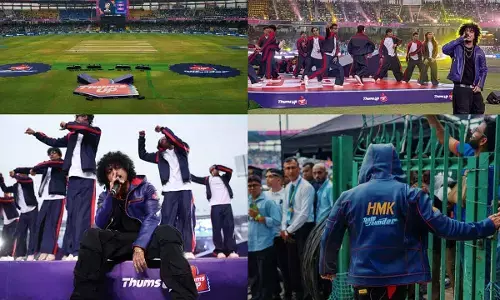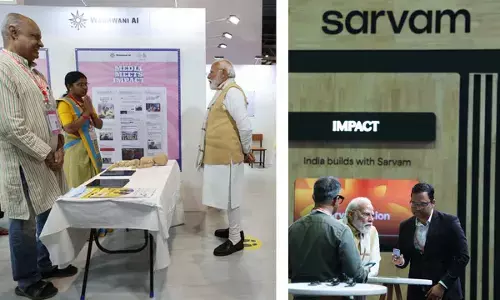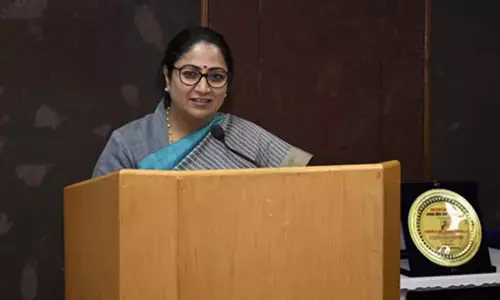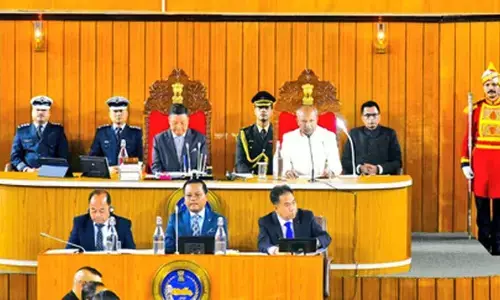Delhi HC split on marital rape
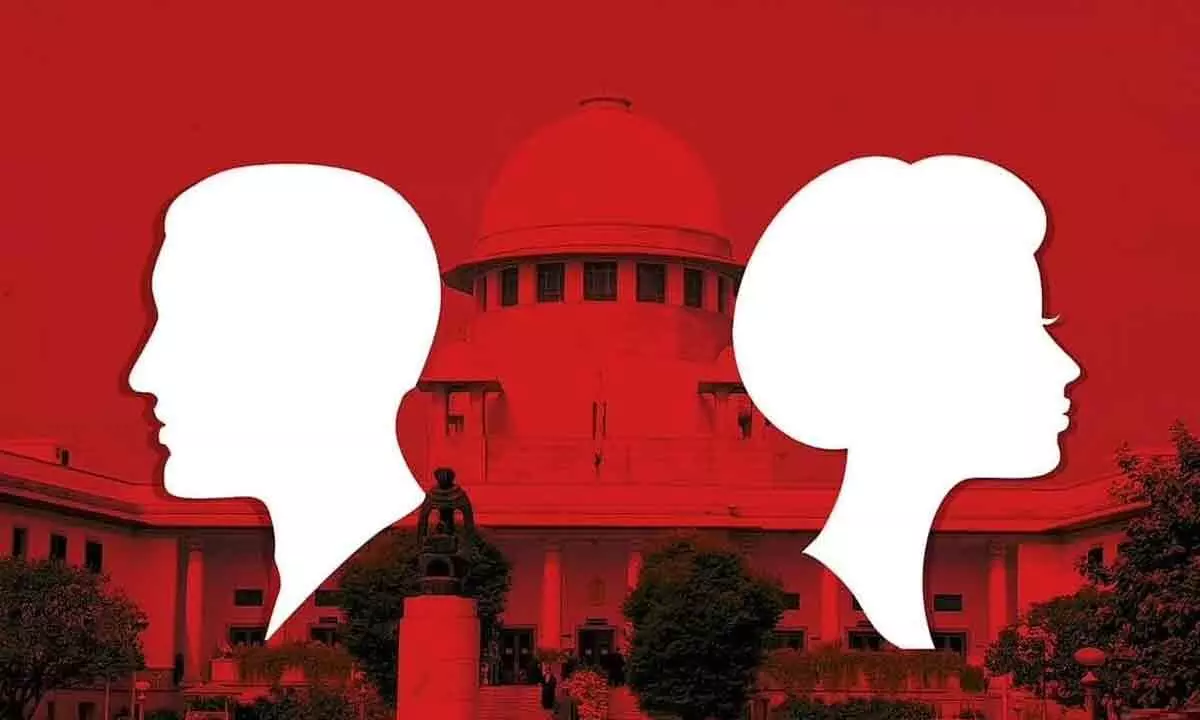
The Delhi High Court on Wednesday delivered a split verdict on petitions seeking criminalisation of marital rape.
New Delhi: The Delhi High Court on Wednesday delivered a split verdict on petitions seeking criminalisation of marital rape. While Justice Rajiv Shakdher struck down the Exception 2 that protects men, who have forced non-consensual intercourse with their wives, from criminal prosecution under Section 376 IPC, Justice C Hari Shankar disagreed saying that the exception doesn't violate Article 14, 19 and 21. Both the judges, however, agreed to grant certificate of leave to appeal before the Supreme Court as the matter involves substantial questions of law. The petitions seeking criminalisation of marital rape were pending before the court since 2015 and 2017.
RIT Foundation and All India Democratic Women's Association were the principal petitioners before the court. While rejecting Centre's request for more time to respond afresh to the petitions, the court had reserved its verdict in the case on February 21.
The Centre, which did not make any oral arguments in the case this year, had told the court that its written stand of 2017 should not be treated as final as it wants to hold consultations with stakeholders on the subject first. However, the division bench had said that it cannot "let the matter hang like this" and told the government that its consultation process can go on.
What is marital rape?
Sexual intercourse between marital partners - without the explicit consent of both parties - is considered marital rape. In general, though, the term is popularly used to refer to sexual intercourse or acts committed by the husband on the wife without her consent.
It is also a form of sexual assault, which is defined by the World Health Organisation as "any sexual act, attempt to obtain a sexual act, unwanted sexual comments or advances, or acts to traffic, or otherwise directed, against a person's sexuality using coercion, by any person regardless of their relationship to the victim, in any setting, including but not limited to home and work".
In many countries, this is a punishable offence. However, as of 2021, as many as 32 countries have decriminalised marital rape. Besides India, this list includes Bangladesh, China, Haiti, Laos, Mali, Myanmar, Senegal, Afghanistan, Tajikistan, Lebanon, Malaysia, Singapore, Egypt, Libya, Oman, Yemen and Kuwait.
In Pakistan, the legal situation regarding marital rape is unclear.
In 1979, Pakistani law defined rape as 'forced sex outside of marriage'. However, in 2006, it was redefined as sex without the woman's consent after the then government introduced a bill to protect women from sexual violence. As it stands now, the definition potentially makes marital rape a crime. However, it does not specify this and so the penal code remains ambiguous. It has been argued that the bill did intend to include marital rape as an offence.
In Saudi Arabia, rape is a criminal offence under Sharia law, but spousal or marital rape is not recognised as a crime.
In the United Arab Emirates, the penal code of the UAE does not address spousal rape as a crime. In a rare event in 2017, the Dubai court sentenced a policeman to six months for raping his to-be bride. During the hearing, the defendant had argued that he considered both of them married at the time of the offence.
In China, under current laws, marital rape is neither a criminal nor civil offence. However, in November last year, a man was sentenced to eight months for having 'coercive sex' with his wife.
Marital rape was criminalised in all 50 States of the United States in 1993 but legislations vary from State to State. In United Kingdom, also known as spousal rape, it has been criminalised under the Sexual Offences Act of 2003 and those found guilty can be sentenced to life in prison.
In Russia, marital rape is illegal and is covered under the general provisions of an act against sexual violence by including the spouse as a relative. Russia was one of the first countries to remove 'marital exemption' in laws on violence against women laws - this was back in 1922.
In Germany, spousal rape was only outlawed in 1997 - later than many other developed nations - after female ministers and women's rights activists lobbied for over 25 years.
In France, marital rape is explicitly outlawed, and the government is seen as enforcing the law effectively.
In Canada, Articles 271 & 278 of the Criminal Code criminalise rape of men or women, including spousal rape, as sexual assault.
In Israel, in 1980, the Israeli Supreme Court affirmed that marital rape is a crime, citing law based on the Talmud, the central text of Rabbinic Judaism and the primary source of Jewish religious law.





